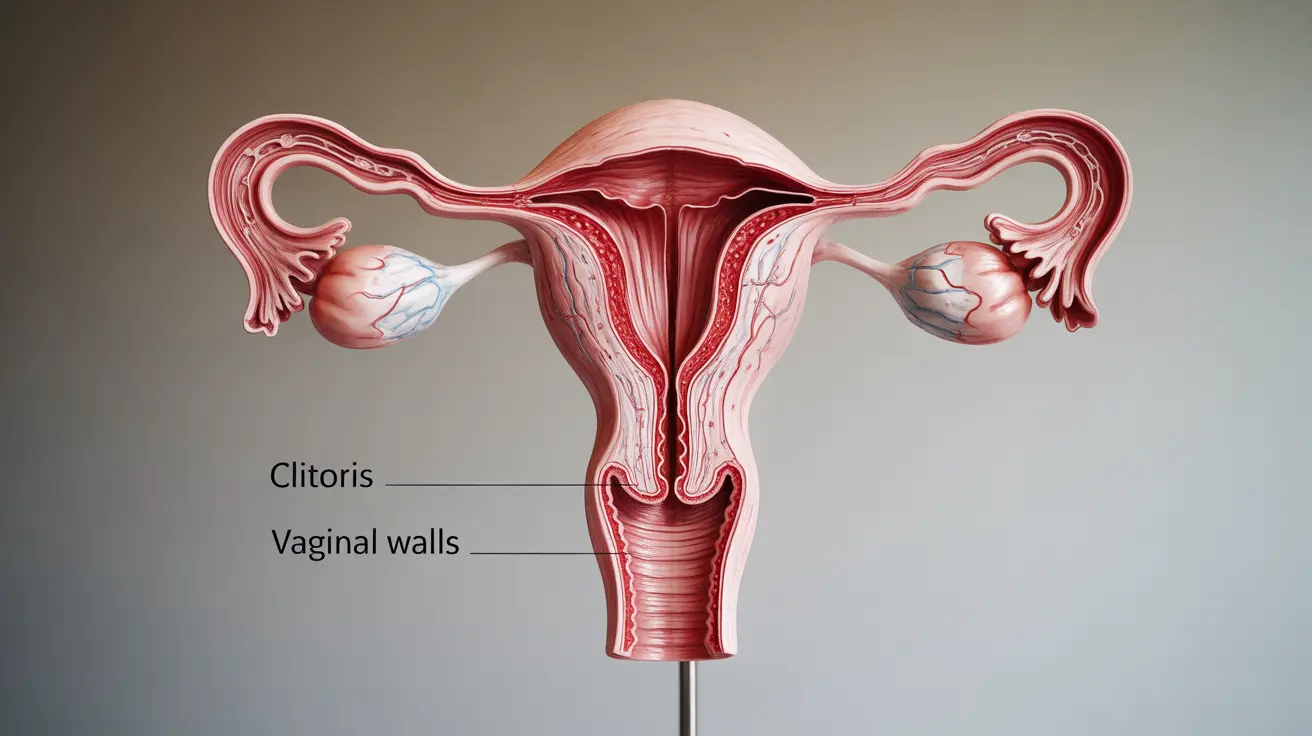A hysterectomy is a significant surgical procedure that can impact various aspects of a woman's life, including her sexual health and pleasure. Many women have questions and concerns about their ability to experience orgasms and maintain a fulfilling sex life after the surgery. This comprehensive guide addresses these important concerns and provides evidence-based information about sexual function after a hysterectomy.
Understanding Changes in Sexual Response After Hysterectomy
The physical and hormonal changes following a hysterectomy can affect sexual response in different ways. While most women can still experience orgasms after surgery, the sensation might feel different. Understanding these changes can help set realistic expectations and guide discussions with healthcare providers.
Physical Changes and Recovery
After a hysterectomy, the vaginal canal may be slightly shortened, and there might be changes in sensation due to the removal of the uterus. However, the vaginal walls, clitoris, and other erectile tissues remain intact and functional. These structures continue to respond to sexual stimulation, allowing for sexual pleasure and orgasm.
Timeline for Resuming Sexual Activity
Recovery time varies depending on the type of hysterectomy performed and individual healing factors. Most healthcare providers recommend waiting 6-8 weeks before resuming sexual activity to allow proper healing and reduce the risk of complications.
Tips for Safe Return to Intimacy
When returning to sexual activity, consider these important guidelines:
- Start slowly and communicate with your partner about comfort levels
- Use adequate lubrication to prevent discomfort
- Pay attention to your body's signals
- Stop if you experience pain or unusual symptoms
- Consider starting with gentle self-exploration to understand new sensations
Managing Common Challenges
Vaginal Dryness
Vaginal dryness is a common concern, especially if the ovaries were removed during surgery. Several effective solutions are available:
- Water-based lubricants
- Vaginal moisturizers
- Hormone therapy (when appropriate)
- Natural remedies and lifestyle modifications
Libido Changes
Some women may experience changes in their sex drive after surgery. This can be addressed through:
- Open communication with healthcare providers
- Hormone replacement therapy when indicated
- Counseling or sex therapy
- Lifestyle modifications and stress management
Frequently Asked Questions
Can I still have an orgasm after a hysterectomy?
Yes, most women can still experience orgasms after a hysterectomy. The clitoris and vaginal walls remain intact and responsive to sexual stimulation, allowing for sexual pleasure and climax.
How does a hysterectomy affect my G-spot and sexual sensation?
While the surgery may alter some sensations, the G-spot area remains accessible. Some women report different but still pleasurable sensations during stimulation. Individual experiences vary, and many women discover new areas of pleasure during sexual activity.
What are the common changes in sexual function after a hysterectomy?
Common changes may include altered sensations during orgasm, vaginal dryness, and temporary decrease in libido. Most of these changes can be effectively managed with appropriate interventions and time.
How long after a hysterectomy can I resume sexual activity safely?
Most healthcare providers recommend waiting 6-8 weeks after surgery before resuming sexual activity. This allows proper healing and reduces the risk of complications. Always follow your doctor's specific guidance.
Are there treatments available for managing vaginal dryness and low libido after a hysterectomy?
Yes, several treatment options exist, including lubricants, hormone therapy, vaginal moisturizers, and counseling. Working with your healthcare provider can help determine the most appropriate solutions for your specific situation.




